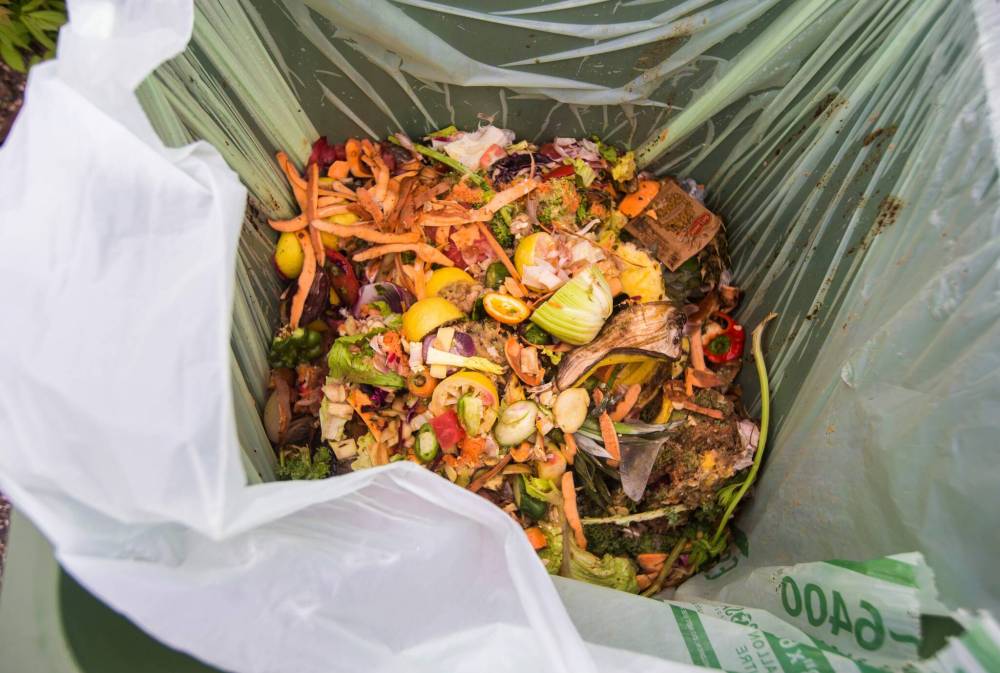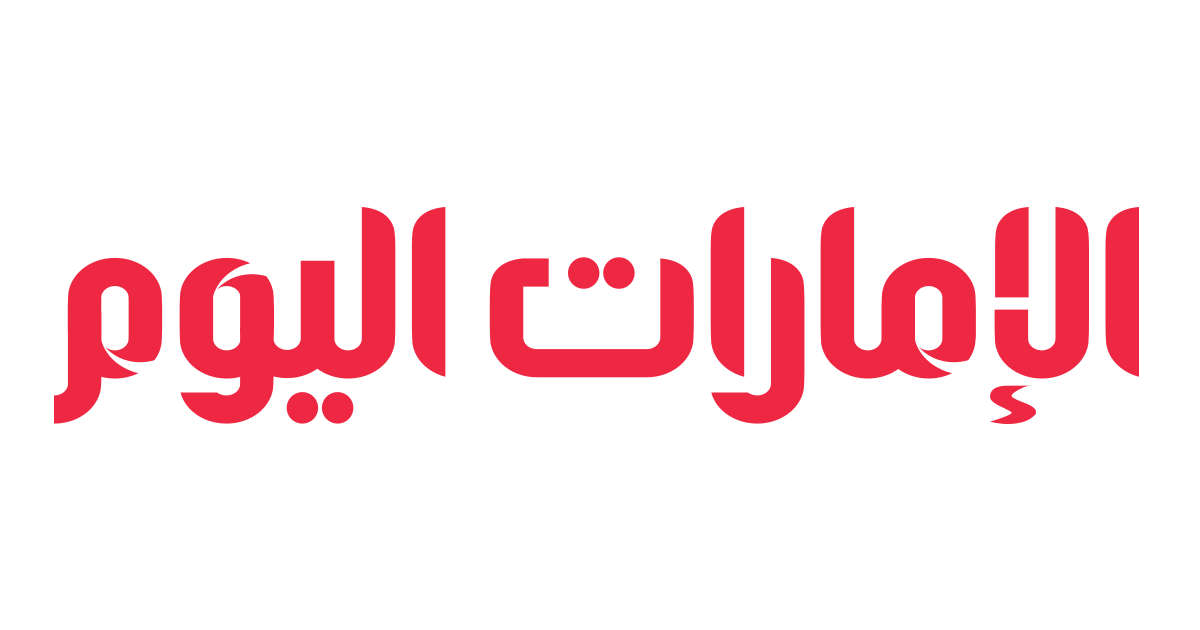
Senegalese voters head to the polls Sunday to elect a new National Assembly – a crucial test for President Bassirou Diomaye Faye’s government as it seeks a parliamentary majority to push through its reform agenda. More than seven million registered voters are choosing candidates for the 165-seat assembly from 41 political parties and entities. Polls opened at 8am local time and will close at 6pm.
The election follows months of political tension and unrest – some of the worst in the country's recent history – that marked the run-up to the presidential vote in March. Faye won that election with 54 percent of the vote, promising economic transformation, social justice, and anti-corruption measures. The stakes are high for the ruling party Pastef, as control of parliament is key to delivering on these pledges, raising hopes among the largely youthful population in the West African country.
Campaigning has grown heated in recent days and comes at a precarious time for the new government as is navigates a spiraling fiscal crisis that could undermine its ability to deliver on promises. Senegal’s opposition, led by a coalition of two parties, including the Republic Party of former Prime Minister Macky Sall, poses a strong challenge. Senegal faces significant economic hurdles.
Inflation has put pressure on households, while unemployment remains high among the country’s growing youth population. Read also:.














